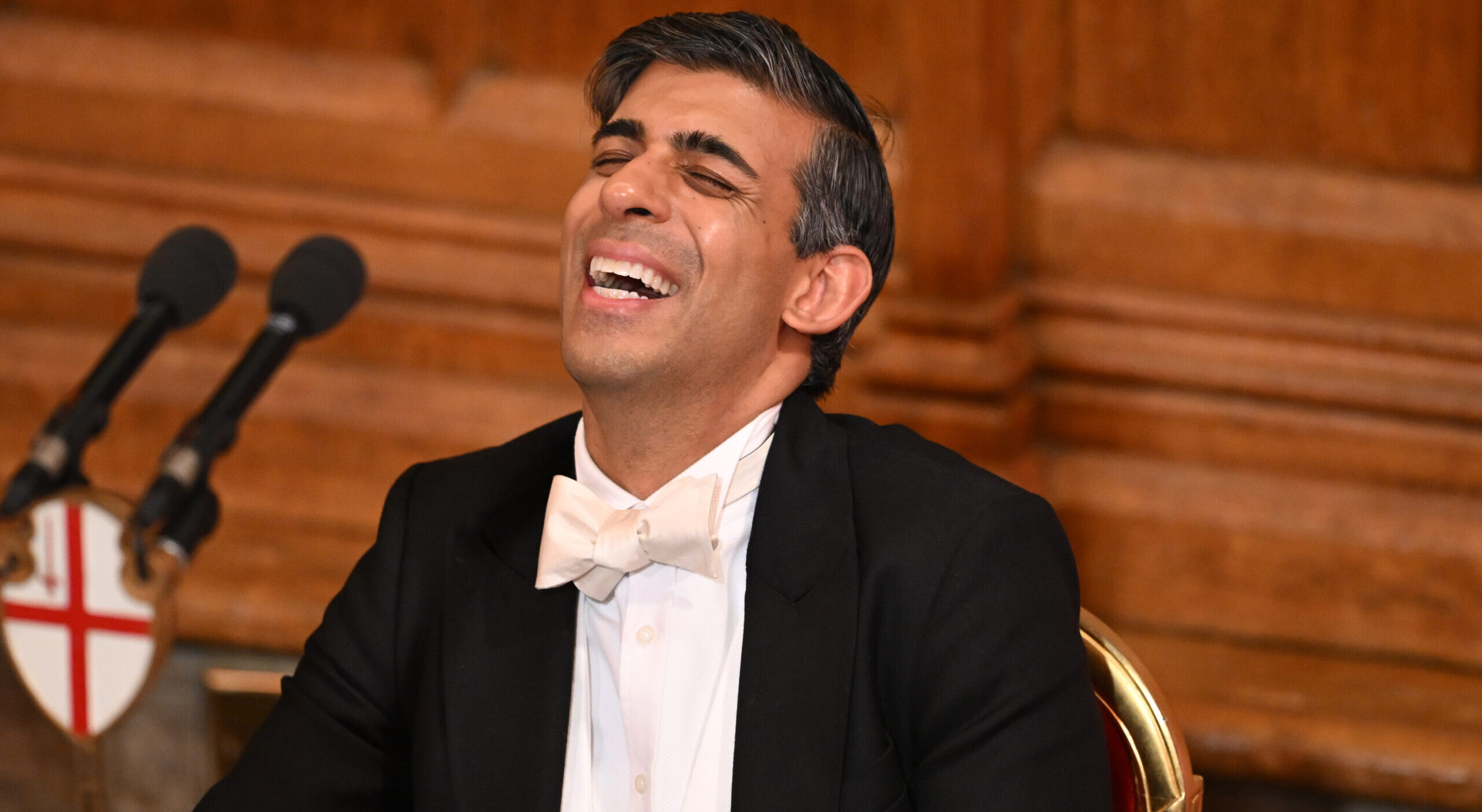The inflation numbers just released by the Office of National Statistics (ONS) have come as a welcome reprieve for a beleaguered government. The data shows that inflation fell substantially more than expected, dropping from 6.7% in September to 4.6% the following month, rather than the forecasted 4.8%.
Rishi Sunak’s government, whose standing in the polls has fallen since the sacking of former home secretary Suella Braverman and the subsequent Cabinet reshuffle, was quick to jump on the inflation numbers as a victory. In an email to supporters, Chancellor Jeremy Hunt claimed that “as of today, we’ve halved inflation.” The inclusion of references to Sunak’s five promises from the beginning of this year, one of which was to halve inflation, left one wondering what had happened to the other four pledges.
The story behind the decline in inflation is not as optimistic as the Government has suggested, however. The main driver was the fall in “housing and household services”, which in turn was caused by a drop in energy prices. Yet, as the ONS noted, “although electricity and gas prices have fallen on the month and the year, their prices are still high in comparison to recent years.”
Then there is the elephant in the room: the possibility that the sharp fall in inflation might also be a sign of an impending recession. If inflation were coming down and the economy still chugging along, we might chalk this up as a straight victory. But the economy has barely grown since this time last year, while the unemployment rate has been ticking up since April. Taken together, these two indicators raise recession red flags.
The inflation data gives further clues that the economy might be on a downward trajectory. The two other components besides energy bills which helped drive down the inflation rate are “food and non-alcoholic beverages” and “restaurants and hotels”. It is possible that this reflects falling food prices being passed through to the consumer, but it is also possible that Britons are spending less in these sectors. The ONS has not released detailed employment data at an industry level since August, but the figures we have suggest that hospitality might be taking a bruising, given that employment in the sector fell 4% in the second quarter of 2023 from a year earlier.
Some economists are saying that Britain is already in a recession and the data has simply not caught up. An analysis by Bloomberg at the start of November reported that internal models demonstrated a 52% chance of recession in the second half of 2023. Meanwhile, the housing market data released together with the inflation numbers showed the first annual decline in 11 years.
British politics is currently in a state of disarray. The Labour Party is divided, with mass defections of frontbenchers over the Israel-Hamas war. The Tories have alienated their base with the Braverman firing and the appointment of David Cameron as Foreign Secretary.
It appears to be an opportune time for the Tories to eat their losses, call an election and let a deeply split Labour Party try to form a government. More likely, though, the strategists at CCHQ will sit on their hands and let the party slide into an election just as the British economy risks sliding into a recession. That could end up having far more serious repercussions for the Tory Party.











Join the discussion
Join like minded readers that support our journalism by becoming a paid subscriber
To join the discussion in the comments, become a paid subscriber.
Join like minded readers that support our journalism, read unlimited articles and enjoy other subscriber-only benefits.
Subscribe